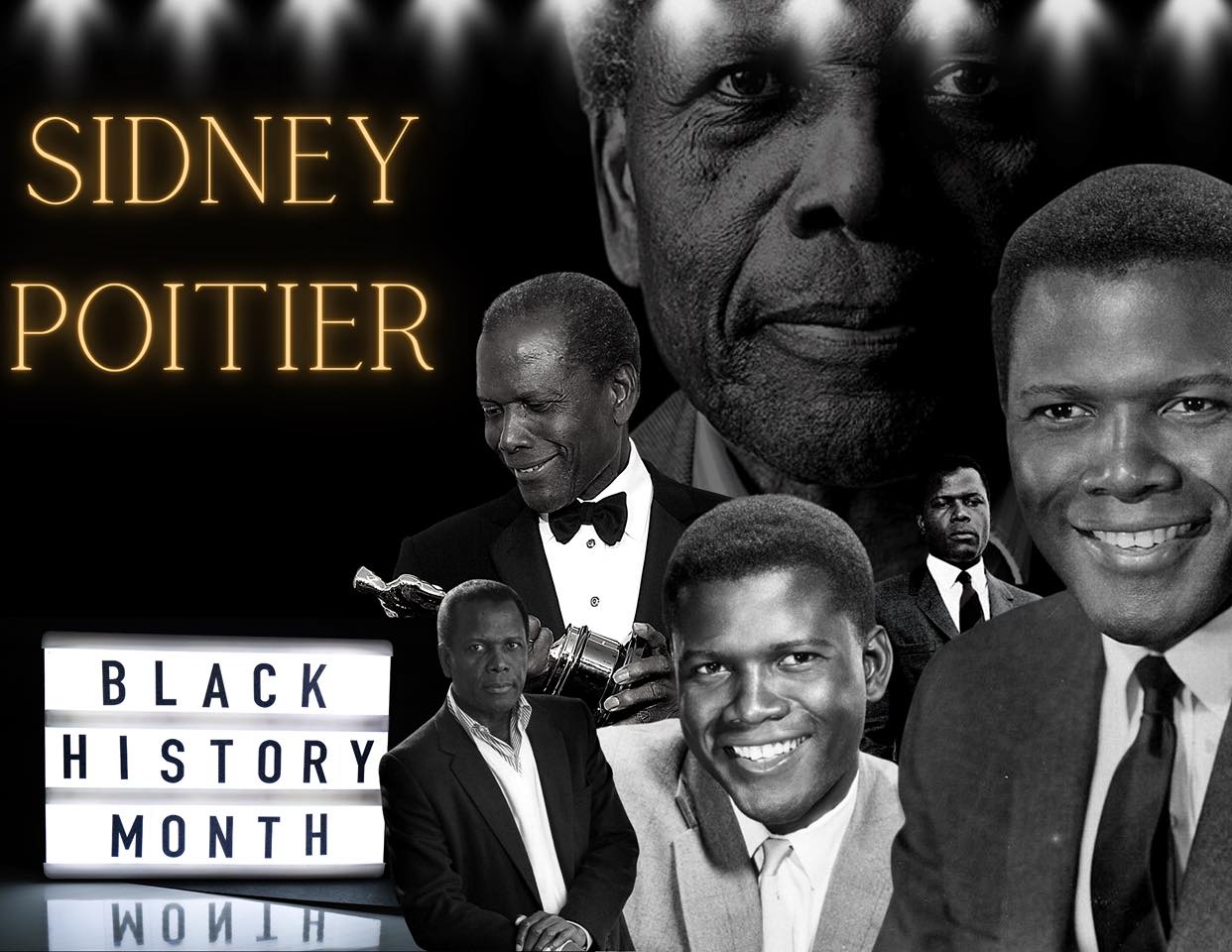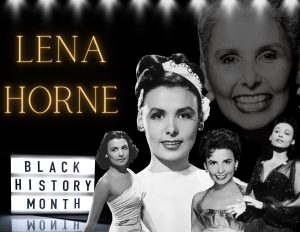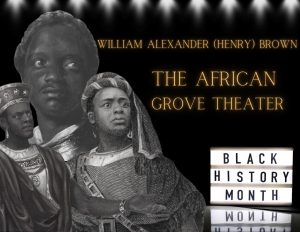The Early Years
Sidney Poitier was born on February 20, 1924 in Miami, Florida but was raised in the Bahamas. Sidney is the son of Evelyn and Reginald Poitier, who were tomato farmers. His father also drove a cab, yet his family was still very poor. The family moved from the village of Cat Island to Nassau, the Bahamian capital when he was eleven years old, and it was there where he experienced the magic of film. At the age of fifteen, Poitier moved back to Miami to live with his older brother Cyril. He spent a year with his brother and left at the age of sixteen to live in New York City. At the age of eighteen, he served in the US Army as a worker at the veterans’ hospital. He also worked as a dishwasher in a restaurant. One day, he spontaneously went to an audition at the American Negro Theater (ANT) where he was sadly turned down because of his accent and performing skills. He spent the next six months overcoming his accent by practicing American enunciation while listening to radio voices. He applied again to the ANT and was accepted, so he began to study acting while appearing in a series of ANT productions. In 1946, he made his Broadway debut inLysistrata.
Starting Out
Poitier’s first credited film role was Dr. Luther Brooks, a black doctor who treats a bigoted white criminal in No Way Out (1950). The move established a notable pattern for both Poitier and other black actors who followed after him by refusing roles that played to racial stereotypes. Poitier worked steadily throughout the 1950s, appearing in the South African tale Cry, the Beloved Country, the classroom drama Blackboard Jungle, and the Defiant Ones, in which Poitier and Tony Curtis (1925-) play prison escapees who are chained together and have to put their differences aside and learn to respect one another. Although he had a budding career, he continued to perform live theater and won critical acclaim on Broadway in 1959 with his starring role in Lorraine Hansberry’s, A Raisin in the Sun.
Shattering Glass Ceilings
In the 1960’s Poitier began to break barriers and make his mark on American popular culture. He starred in the 1961 film adaptation of the play, A Raisin in the Sun. In 1967, he appeared in three hit movies. In To Sir, With Love he played a school teacher, in The Heat of the Night he played Virgil Tibbs, a black detective in the north who helps to solve a murder and wins the respect of a prejudiced police chief. In the comedy Guess Who’s Coming to Dinner, Poitier is engaged to a white woman and is meeting her family for the first time.
In 1972, Poitier made his directorial debut with Buck and the Preacher, a friendly western in which he played a con man preacher; his co-stars were Harry Belafonte and Ruby Dee. In A Warm December he plays a widower doctor who falls in love with a woman who has sickle cell anemia. Both films were a disappointment at the box office. However in 1974, Uptown Saturday Night was an enormous hit thanks to the chemistry between Poitier and his co-stars Bill Cosby and Harry Belafonte. He then re-teamed with Cosby on Let’s Do It Again (1975) and A Piece of Action (1977). He also directed Stir Crazy (1980) which starred Richard Pryor and Gene Wilder, Hanky Panky (1985), and Ghost Dad (1990), which was Poitier’s last directorial effort and starred Cosby. Sadly, the film failed to match their earlier successes. After more than a decade-long break from acting, in 1988, Poitier starred in the action thrillers Shoot to Kill and Little Nikita. Other films included Sneakers (1992) and The Jackal (1997). Most of his later credits were made-for-TV movies, notably Separate But Equal in which he played Thurgood Marshall and Mandela and de Klerk in which he played Nelson Mandela. His final role was The Last Brickmaker in America (2001), a TV movie about a grieving widower whose job was becoming obsolete.
Awards and Achievements
Sidney Poitier has been in at least 43 movies (if not more), has directed eleven films, and has starred in at least four Broadway plays. He has also been a voice during the Civil Right Movement. His role was to “desegregate the entire cultural statement of America” through his films. Throughout the span of Poitier’s career, he has received many awards for all of the work he has done.
- 1959 BAFTA Award for Best Foreign Actor
- 1964 Golden Globe for Best Actor
- 1964 Academy Award for Best Actor in a Leading Role
- 1969 Golden Globe Henrietta Award for World Film Favorite
- 1976 NAACP Image Award for Outstanding Director
- 1981 Coretta Scott King Award for Authors
- 1982 Golden Globe Cecil B. DeMille Award
- 1992 AFI Life Achievement Award
- 1995 Kennedy Center Honors
- 2000 Screen Actor Guild Life Award
- 2000 NAACP Image Award for Outstanding Actor
- 2001 NAACP Image Award Hall of Fame
- 2002 Academy Honorary Award
- 2009 Presidential Medal of Freedom
- 2016 BAFTA Fellowship Award
Family Life
Sidney Poiter has been married two times and has a total of six children between both marriages. He is currently 93 years old and resides in California with his actress wife, Joanna Shimkus. They both love to travel because all of their children live in New York.
https://www.britannica.com/biography/Sidney-Poitier
https://www.notablebiographies.com/Pe-Pu/Poitier-Sidney.html




